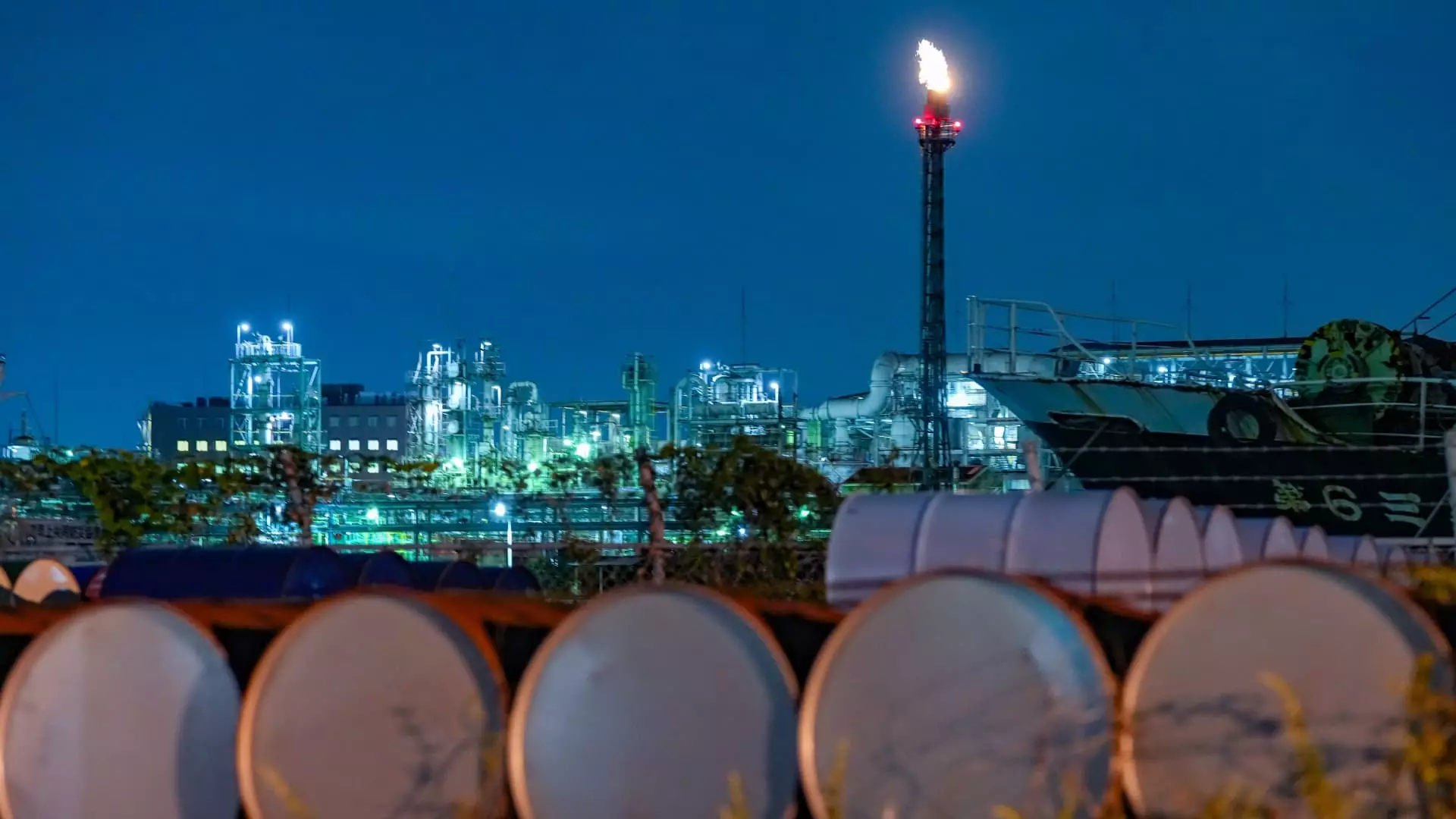The ongoing Israel-Hamas conflict continues to cast a shadow of uncertainty over oil markets, with investors closely monitoring the potential for output disruption in the Middle East. The International Energy Agency (IEA), the world’s leading energy watchdog, highlighted this concern in its latest monthly oil market report. While the conflict has not yet had a direct impact on physical supply, the IEA emphasized that energy market participants would “remain on tenterhooks” as the crisis unfolds.
Geopolitical Risk and Tightly Balanced Oil Markets
According to the IEA, the Middle East conflict is fraught with uncertainty, and events are rapidly evolving. Given the already tightly balanced oil markets as anticipated by the IEA, the international community will continue to be laser-focused on risks to the region’s oil flows. The agency acknowledged the sharp escalation in geopolitical risk and stated that it stands ready to act if necessary to ensure markets remain adequately supplied.
Although Israel is not a major oil producer and does not have significant oil infrastructure close to the Gaza Strip, the Middle East accounts for more than one-third of global seaborne oil trade. Thus, fears have intensified regarding the potential impact of the Israel-Hamas conflict on regional energy production. The IEA report underlines the importance of closely monitoring oil markets due to the ongoing war dynamics and potential supply disruptions.
As the Israel-Hamas conflict enters its sixth day, Israel has initiated a devastating assault on Gaza, which has led to a surge in casualties. The Israeli military reported at least 1,200 Israeli deaths and over 2,700 injuries. Meanwhile, the Palestinian Ministry of Health stated that there have been 1,203 deaths and 5,763 injuries in Gaza. The conflict has significantly raised geopolitical tensions in the Middle East, creating major concerns for the market.
Toril Bosoni, head of the oil markets division at the IEA, expressed deep concerns regarding the escalating tensions in the Middle East. While there has been no direct impact on oil supplies thus far, Bosoni highlighted the potential for the conflict to spill over and spread to the wider Middle East, which would be a grave concern. The IEA remains vigilant in its monitoring of the situation and is ready to respond in case of any disruption to supply.
When oil markets initially opened following the surprise attack by Hamas on Israel, traders priced in a $3 to $4 risk premium, indicating the market’s initial reaction to the conflict. However, prices have since stabilized. The IEA reports that crude futures traded higher, with international benchmark Brent crude futures and front-month November U.S. West Texas Intermediate crude futures showing modest increases. The IEA and the OPEC+ alliance are both committed to maintaining market stability, with Bosoni highlighting their readiness to stabilize the market if needed.
The ongoing Israel-Hamas conflict continues to be a cause for concern in the oil markets. With the Middle East being a crucial player in global oil trade, any impact on regional energy production could have far-reaching consequences. While the conflict has not yet disrupted physical supply, the IEA remains vigilant and stands ready to respond if necessary. As tensions persist and geopolitical risks escalate, the international community will closely monitor the situation and its potential implications for oil markets and global energy security.


Leave a Reply